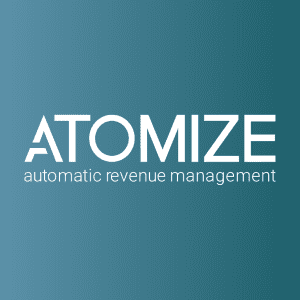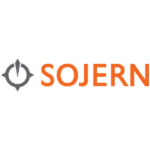 In a globalized world and very competitive setting, hotels are fighting to remain leaders in their market. Which brand to develop? How to retain customers? Which innovative technology to implement? Which business model strategy to follow? These are a non-exhaustive list of questions hotel groups ask themselves to perform in a constantly evolving environment. This blog will focus on the asset-heavy/asset-light strategy issue and how innovation such as property technology (proptech) can solve the problem.
In a globalized world and very competitive setting, hotels are fighting to remain leaders in their market. Which brand to develop? How to retain customers? Which innovative technology to implement? Which business model strategy to follow? These are a non-exhaustive list of questions hotel groups ask themselves to perform in a constantly evolving environment. This blog will focus on the asset-heavy/asset-light strategy issue and how innovation such as property technology (proptech) can solve the problem.
Let’s start with the context: real estate is an asset in hospitality but also a liability.
Hotels have an operations component on one side and real estate component on the other. The latter is not the least important concern for the hotel’s chains. In the past, hotel groups owned and operated properties. The asset-heavy strategy allows total control over business development management and is an assurance of reliability for third parties. However, it is a capital guzzler and implies a substantial source of debt.
So, what did hotel chains do?
They went for an asset-light strategy. Marriott and IHG were the pioneers in this regard. They were followed by other big chains such as Hilton and, more recently, Accor and Hyatt. To give an idea, nearly 99 percent of Marriott’s total rooms were controlled under a management contract or franchise agreement as of 2020 (Seo, 2021). The key reason for this shift from asset-heavy to asset-light: the flexibility. More cash flows become available thanks to franchising and management contracts. It results in new investment opportunities like customer loyalty programs, technology and faster brand development across the globe. (Kwok, 2017)
Flexibility – but at what cost?
The principal-agent problem: asset-light hotels are giving up control. Lack of consistency can appear across the chains regarding standards and protocols. The owners do not always support project development ideas and innovations. With 100 percent ownership, these problems would not be on the table. But, how can hotels achieve total ownership and control without going back to the asset-leverage liability?
The solution: A shared proptech app.
The answer may lie in a property technology platform based on the shared economy system like the Bricks company in France or BrickX in Australia. The principle of these companies is to offer simple financing for owners and easy access to investment in real estate for the general population, thanks to a mobile-friendly website.
Let’s say someone wants to buy a property: 50 percent can be financed by a bank loan, and the other 50 percent is divided into thousands of bricks. Each person can buy a brick online for as little as $10 USD; there is no ownership, but they are entitled to regular royalties based on the renting of the apartment and can expect an ROI of 10-12 percent. (Forbes France, 2021)
Imagine if this tool was applied to the hospitality sector!
In the manner of Airbnb generalizing peer-to-peer apartment rental and Uber generalizing rideshare, a shared proptech app can make the hotel real estate investment accessible to all. Thanks to a great UX UI design and based on the sharing economy trend, hotels can regain ownership without its drawbacks.
What are the advantages of such a tool?
On the consumer side:
- Regular royalty is earned, or night gratuity is given in the corresponding hotel based on the hotel value appreciation.
- Low risk related to low investment.
- Easy and new saving opportunity tool for the consumer.
- Involvement of the community in the life of the hospitality asset.
On the hotel side:
- The brick crowdfunding system leads to a lower debt coverage ratio via banks.
- Regain flexibility thanks to quicker liquidity access.
- Control and ownership, resolving the principal-agent problem.
- New loyalty tool: client loyalty and retention are a trendy challenge for hoteliers. Suppose someone can easily invest in a hotel property just by clicking on an app. It sounds attractive, no?
So, can proptech resolve the main challenges of the 21st century for hotel groups?
It is digital, social and inclusive, and competitive. Better keep an eye on this innovative technology in the future!
About the Author
Victoria Loing is a graduate student pursuing the Master of Science in Global Hospitality Business program, which is in partnership of three schools: EHL, the Hong Kong Polytechnic University, and University of Houston.
































